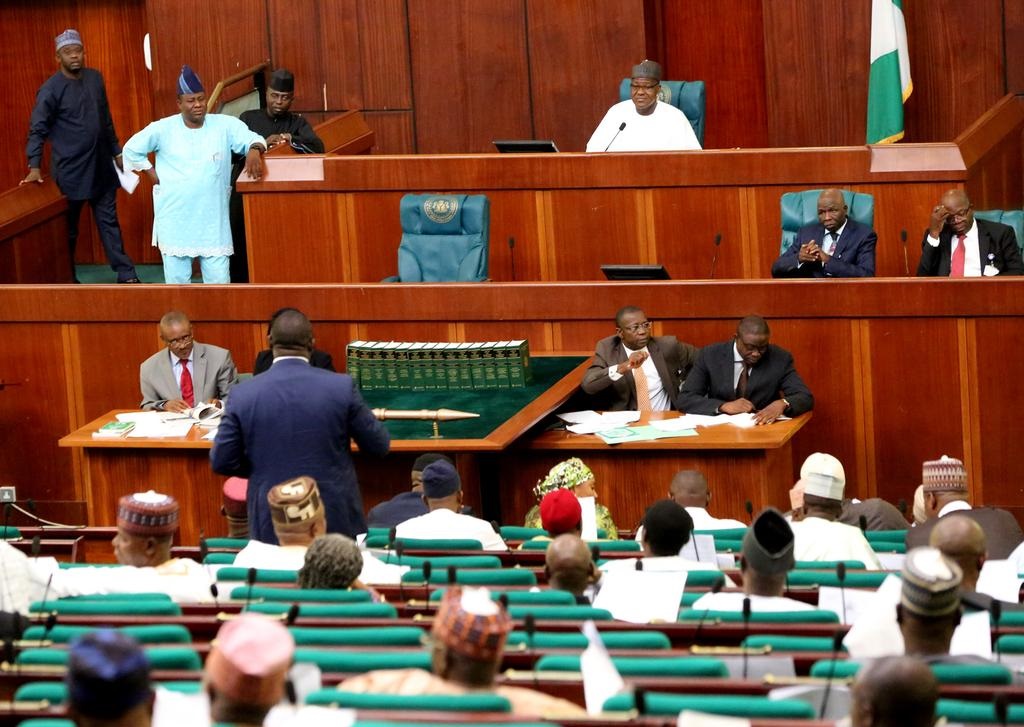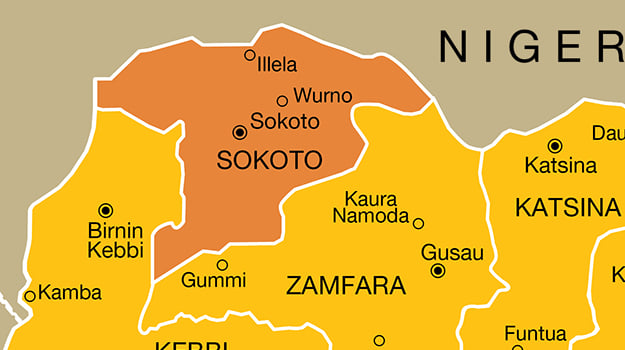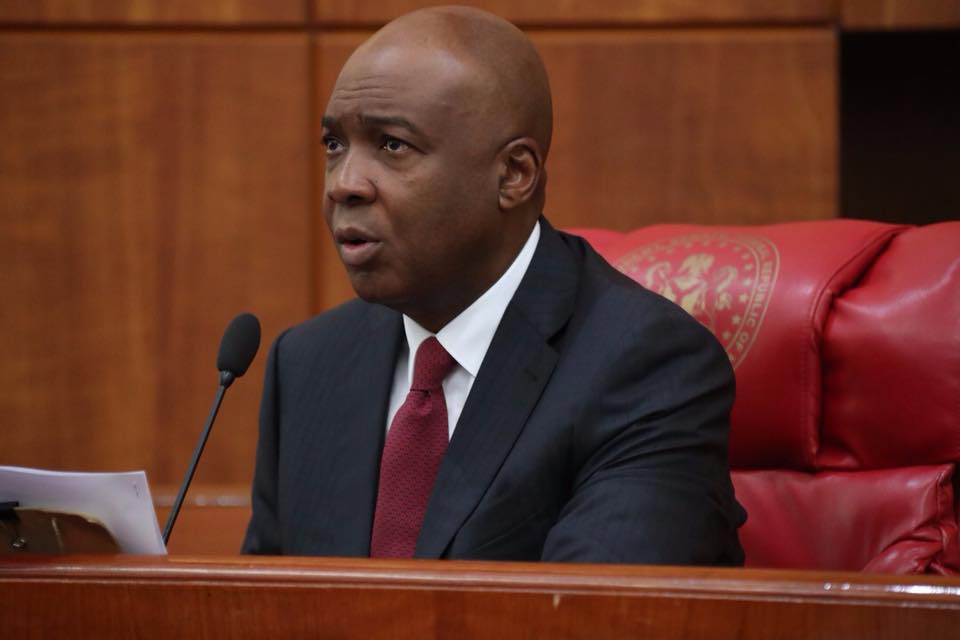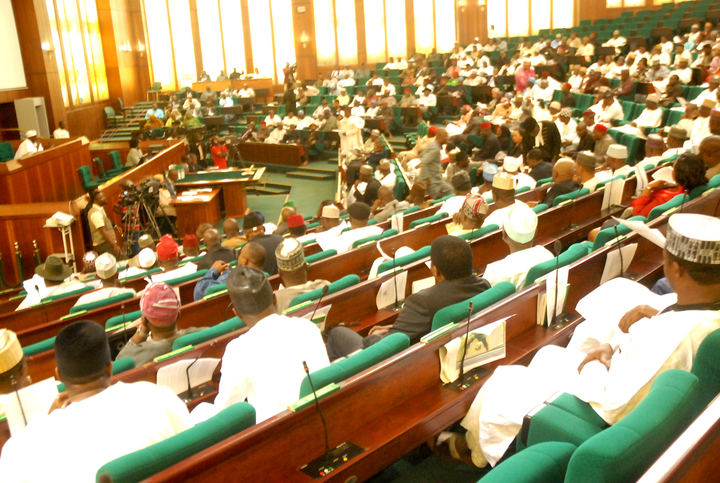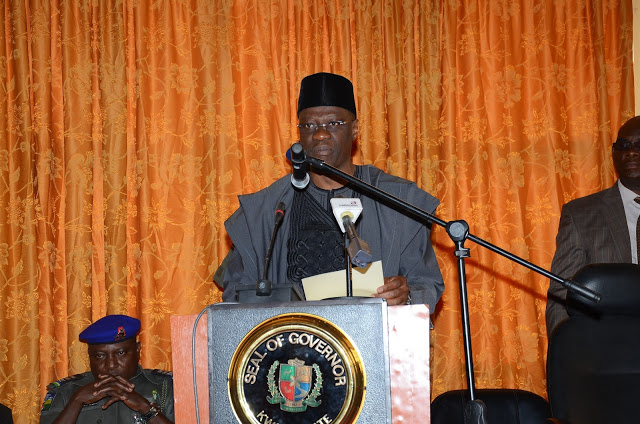A federal high court in Abuja has barred the police, the Department of State Services (DSS) and the Economic and Financial Crimes Commission (EFCC) from searching houses belonging to Nyesom Wike, governor of Rivers state.
Ahmed Mohammed, a judge, gave the order on Wednesday, saying a search warrant could not be issued against a governor because he enjoys immunity under section 308 of the constitution.
In 2017, Wike had approached the court, seeking an order of injunction restraining the IGP, the police, the EFCC and DSS from obtaining a search warrant to search any of his houses.
But the defendants had in opposition, argued that they had the right to search Wike’s residence even in his absence.
Advertisement
While delivering his judgement, he noted that the defendants were in agreement that Wike, the plaintiff, could not be investigated based on the provision of section 308 of the 1999 constitution.
He contended in the suit filed through Sylvia Ogwemoh, his lawyer, that such a search would violate his immunity as a sitting governor.
Wike had asked for six reliefs but the judge granted three and said while one was not grantable, the others were embedded in the ones granted.
Advertisement
“The defendants cannot whether by themselves, their servants, agents, officers, privies or in any manner howsoever apply for, obtain, issue or in any way or manner howsoever execute any court process requiring; the appearance of the plaintiff who is currently the governor of Rivers,” he held.
“A declaration that by virtue of the combined effect of section 308 of the Constitution and sections 149 and 150 of ACJA, the defendants cannot in any manner apply for, obtain, issue or execute any search warrant at the residence of the plaintiff in Abuja or in any of the plaintiff’s residence in any other place or locations in Nigeria.
“An order that the defendants cannot by the combined effect of section 308 of the Constitution and sections 149 and 150 of ACJA, apply for, obtain, issue or execute any search warrant at the residence of the plaintiff in Abuja or in any of the plaintiff’s residence in any other place or locations in Nigeria.”
Advertisement
Add a comment

